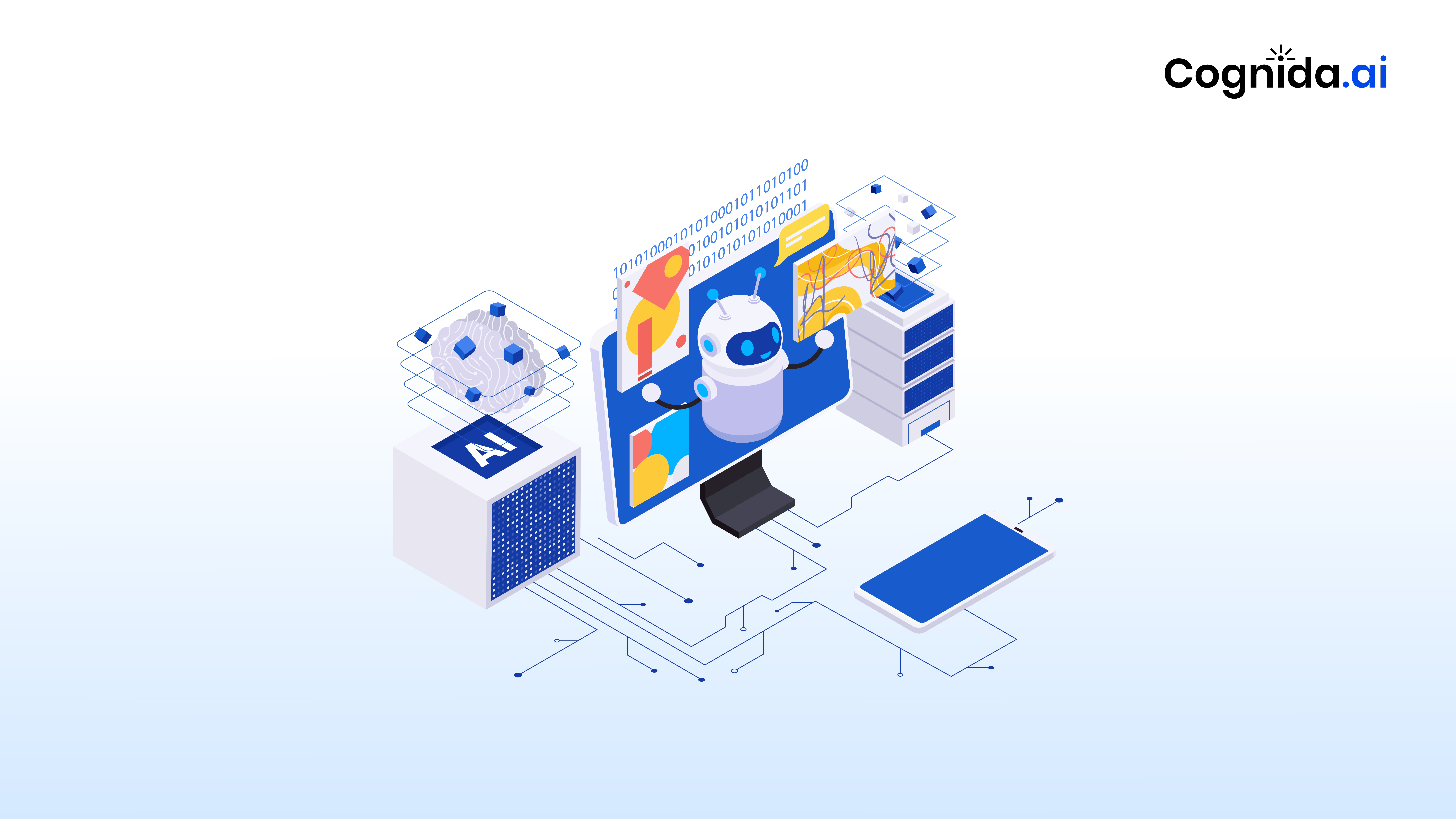Multi-agent systems, the game changer in AI

If you are truly interested in and following the AI developments and how rapidly they are evolving, by now you must have heard the term “Agentic AI.” Simply put, this refers to advanced AI systems that can autonomously take actions, adapt in real time, and solve multi-step problems based on specific contexts and objectives. The key term is AUTONOMOUSLY, because autonomy to operate with minimal human oversight is what makes these systems such amazing transformative systems. AI systems capable of dynamic learning, decision-making, and interaction within complex environments. Incredible, isn’t it?
An agentic system embodies:
- Self-Reliance: Operates independently, managing tasks from start to finish without constant human intervention.
- Smart Decision-Making: Evaluates situations, weighs options, and chooses actions that maximize effectiveness.
- Continuous Growth: Learns and adapts through real-time interactions and feedback, refining its performance over time.
- Deep Instructional Comprehension: Understands and executes intricate directives seamlessly.
- Efficient Process Management: Executes complex workflows with precision, ensuring speed and accuracy.
This brings us to the topic we are exploring today Multi agent System (MAS), what happens if we put a bunch of these agents t work together and deliver complex tasks?
A multi-agent system (MAS) represents a distributed architecture where independent agents, each powered by language models or similar technologies, collaborate to address complex, multifaceted challenges. Unlike a single-agent system where one entity is responsible for managing all tasks, MAS divides the workload among specialized agents. Each agent operates autonomously, focusing on a specific role or function while contributing to the overall objective. This division of labor not only enhances efficiency but also leverages diverse perspectives and capabilities, resulting in more effective problem-solving.
Core Dynamics of Multi-agent systems (MAS)
- Distributed Collaboration: MAS agents work together in a coordinated manner, sharing information and resources to achieve collective goals. This decentralized approach reduces bottlenecks and ensures tasks are executed in parallel, saving time and resources.
- Specialization: Each agent is designed to excel in a particular area, such as data analysis, decision-making, or task execution. This allows the system to handle a wide range of challenges by assigning tasks to the most suited agents.
- Communication and Coordination: Agents communicate through well-defined protocols, enabling them to share insights, delegate tasks, and resolve conflicts. This seamless interaction fosters a cohesive operational environment.
What makes Multi-agent systems a game changer?
- Scalability: As workloads increase or task domains evolve, new agents can be integrated into the system without requiring significant redesign or disruption. This modularity ensures the system can grow organically alongside organizational needs.
- Fault Tolerance: MAS is inherently resilient. If one agent fails due to technical issues or errors, others can compensate, ensuring uninterrupted performance and reliability. This redundancy makes MAS ideal for critical or high-stakes environments.
- Dynamic Adaptability: The system continuously learns and adjusts based on real-time interactions and feedback. Agents can refine their approaches, making MAS highly responsive to changing conditions and requirements.
- Enhanced Problem-Solving: By leveraging multiple perspectives and expertise, MAS can analyze problems more comprehensively, leading to innovative and well-rounded solutions.
MAS excels in fields that require complex decision-making and coordination. For example, in supply chain management, for instance, different agents handle inventory, logistics, and demand forecasting, ensuring smooth operations. Similarly, in AI-driven customer support, agents might specialize in areas like issue resolution, sentiment analysis, and recommendation generation, collectively enhancing the customer experience.
A multi-agent system combines the strengths of autonomy, specialization, and collaboration to create a robust, scalable, and adaptive framework. Its ability to distribute workloads, tolerate failures, and evolve in response to new challenges makes it an invaluable tool for addressing the complexities of modern systems.